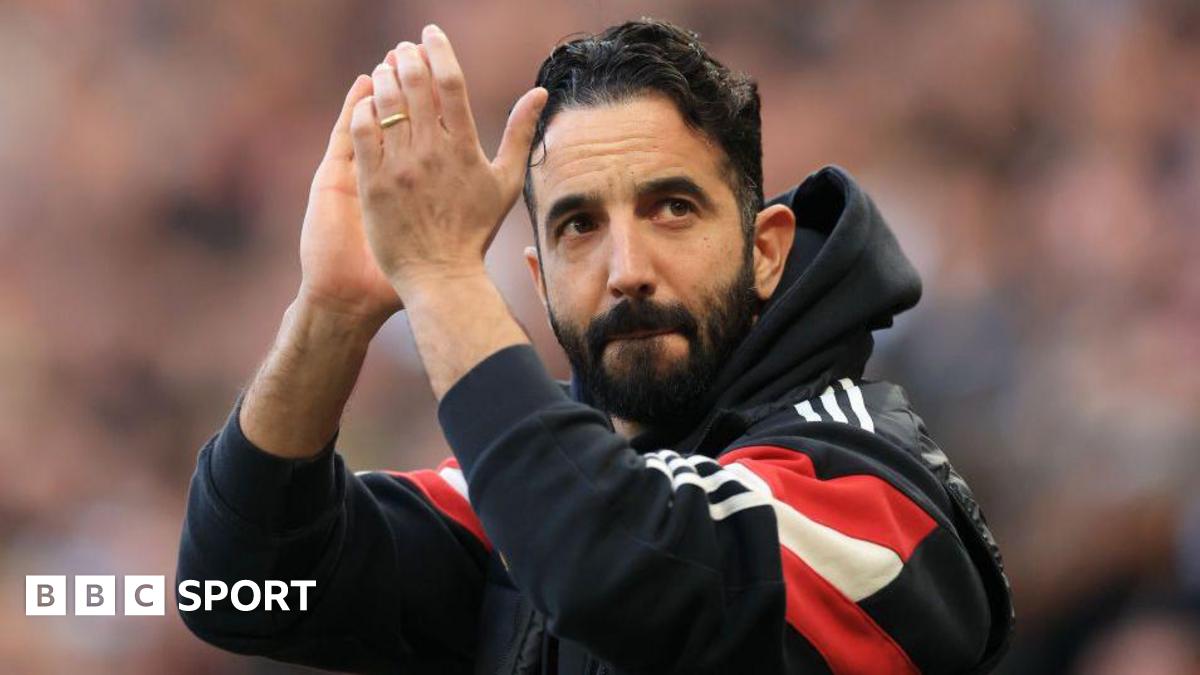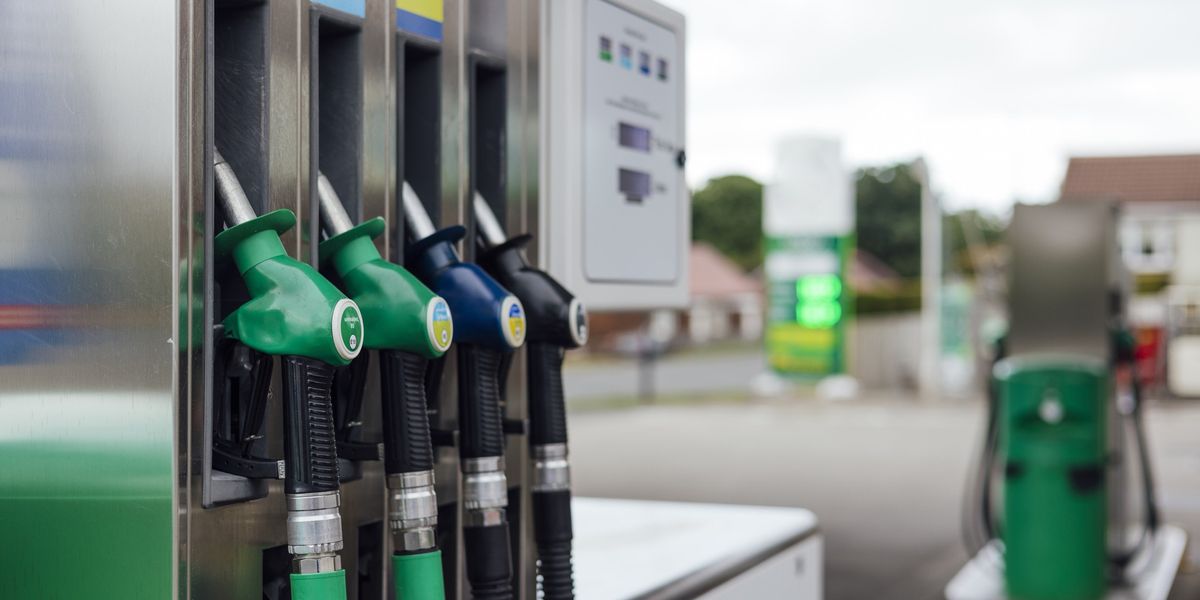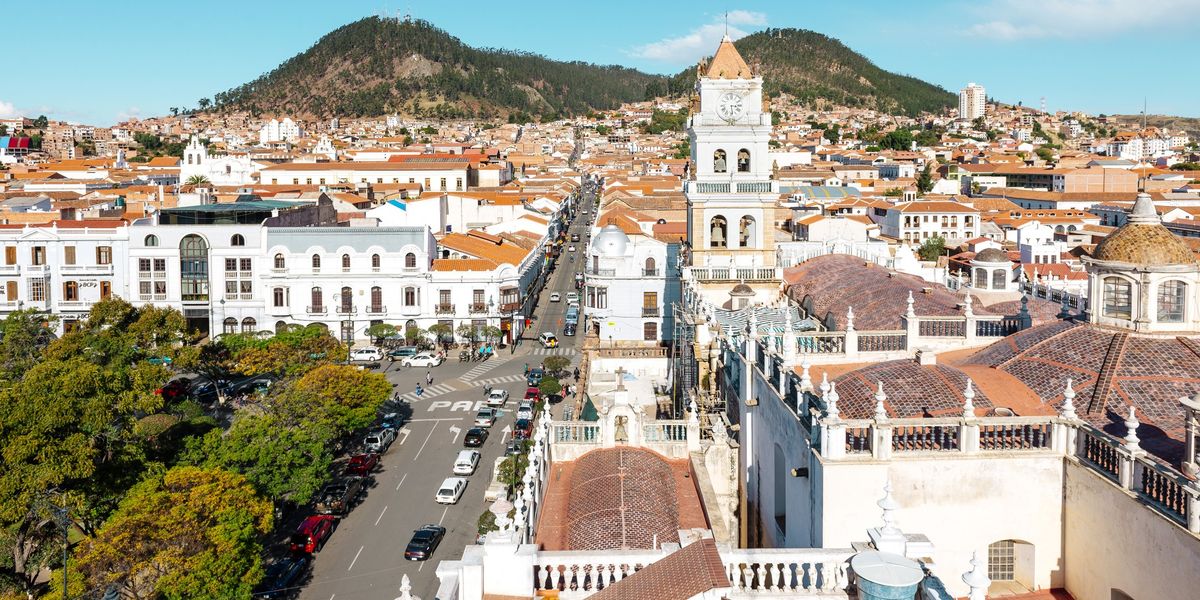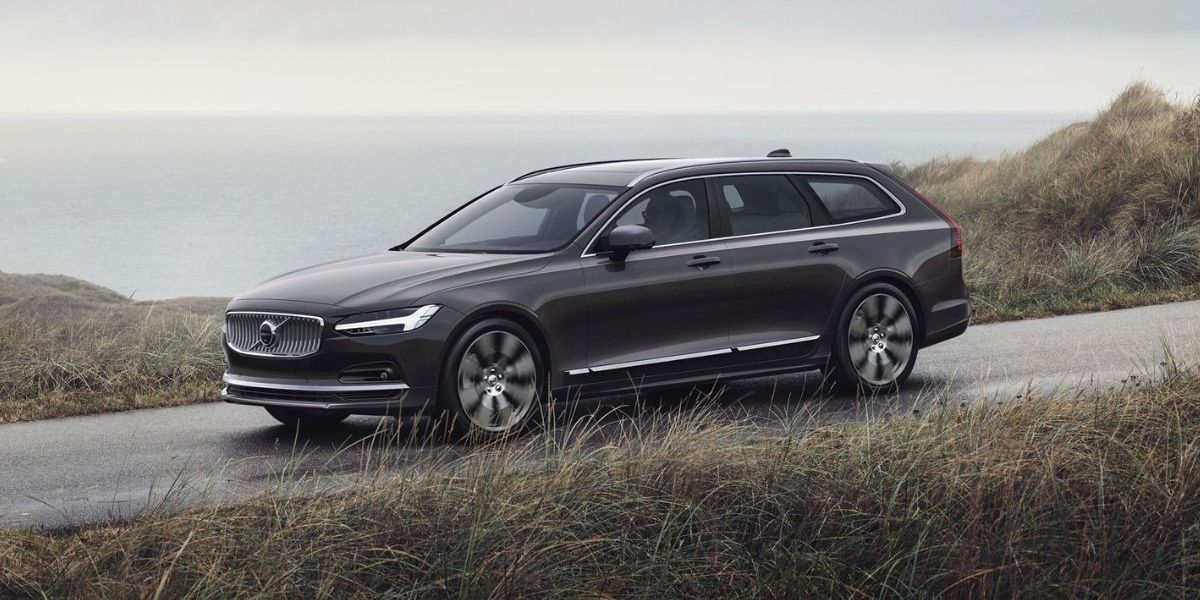New research suggests that drivers will have to deal with expensive petrol and diesel prices in the future as fuel prices rise for the fourth consecutive month.
The average price of petrol rose by nearly 8p per litre since the start of January and by 1.6p over the past week amid heightened tension in the Middle East.
Fuel stations now price unleaded petrol at 148.5p, according to Government data, compared with 140.8p at the start of the year.
Diesel has continued to rise over the same period with drivers now paying 157.5p per litre, making it the most expensive level since November 2023.
Do you have a story you’d like to share? Get in touch by emailingmotoring@gbnews.uk.
Experts are warning that prices will continue to climb over the coming months
GETTY
Simon Williams, fuel price spokesperson at RAC, said: “This year is proving to be another tough one for drivers.
“Both petrol and diesel are now the most expensive they’ve been since November last year, which is bad for households, businesses and the economy, especially as we know there is a close link between fuel prices and inflation.
“With increased tensions in the Middle East, the cost of oil is only likely to go up which could push petrol well above 150p a litre.
“While diesel is getting close to 160p, this is purely down to retailers taking much bigger margins as there’s only been a few pence between the wholesale prices of both fuels since mid-March.”
In January, the Competition and Markets Authority (CMA) looked at the rising fuel prices to determine whether it was still competitive for drivers.
The review found that competition was not working as well as it should be, with the Government being particularly concerned about the impact this has on drivers.
Luke Bosdet, fuel price spokesperson for AA warned that pump prices are rapidly climbing towards 150p per litre.
He stated: “It is a psychological shock that shouts out from the price boards each time motorists drive past.
“The worst part is that petrol prices will be spurred on by the inflationary pressures of higher demand as the US motoring season looms.
“The early part of the summer could be a tough time for UK motorists.”
At the end of March, drivers could purchase the cheapest petrol at Tesco forecourts around the UK, while another “Big Four” supermarket – Asda – had the most expensive average price.
Claire Coutinho, Secretary of State for Energy Security and Net Zero warned that the road fuel market is inherently volatile and would naturally lead to drivers paying prices on extreme ends of the spectrum.
LATEST DEVELOPMENTS:
Petrol jumped 8p per litre since the start of the year
GETTY
She declared: “Prices are being affected by wider geopolitical issues and increased costs, this does not mean we should ignore the issues that face the market and consumers.”












